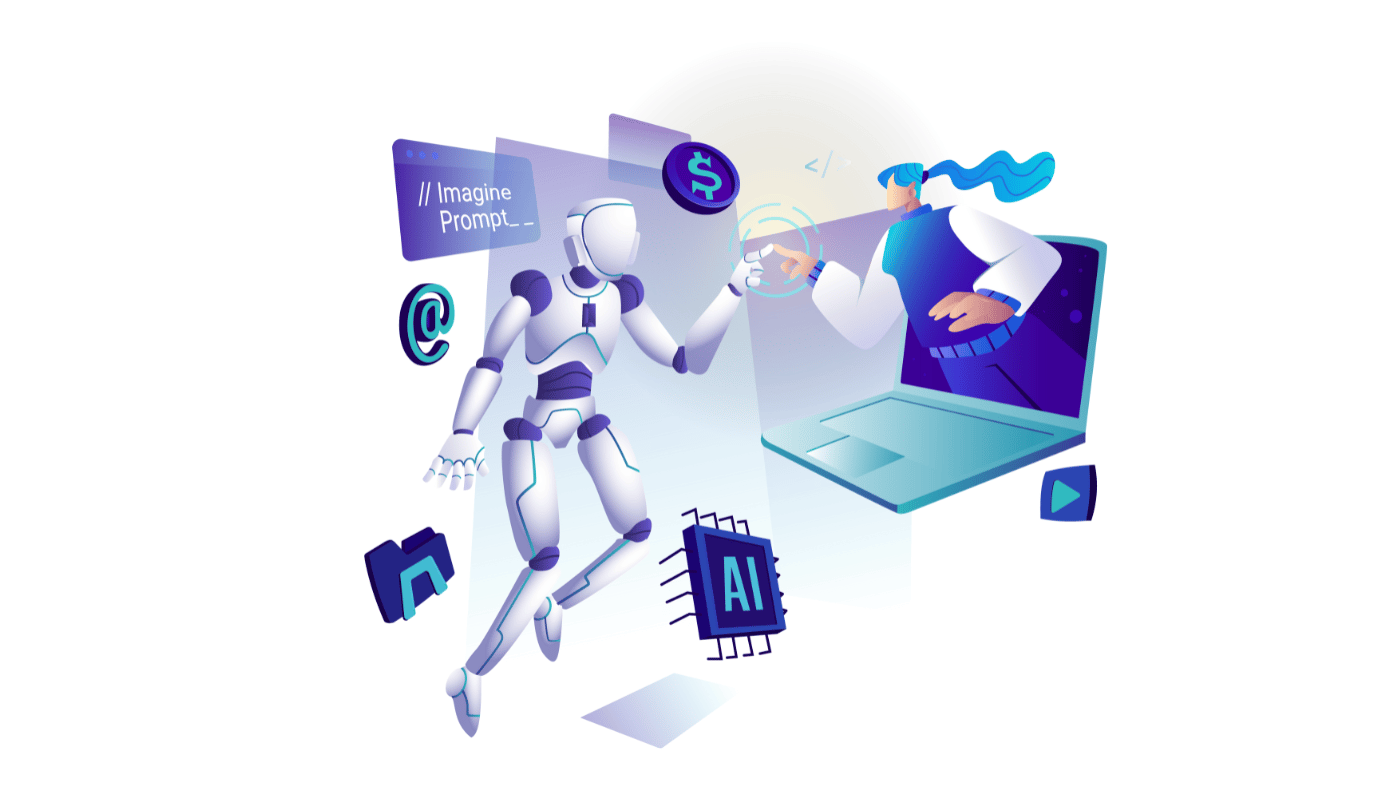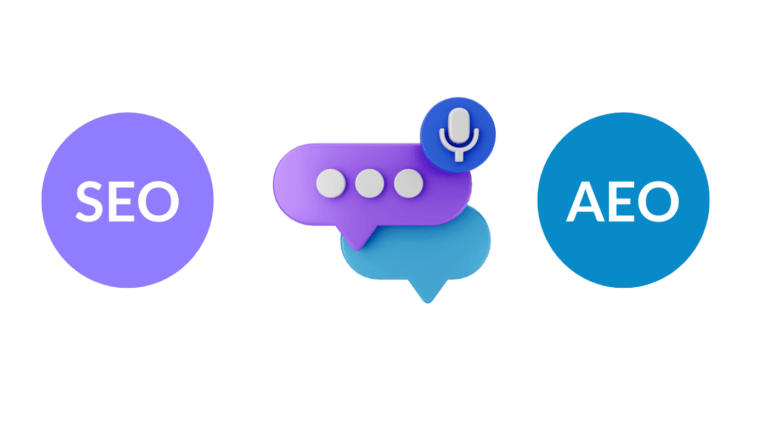Mastering AI-powered Personalization for Ecommerce SEO
Hey guys! At the end of day our topic of this post is the unbelievable contribution of Artificial Intelligence in Ecommerce SEO within the constantly evolving sphere of digital marketing.
Let’s pretend that SEO is a powerful horse that, once we put on its saddle, pulls us through the dense forest of online visibility. But let’s face it, even the most reliable companions can use a boost now and then. This is where AI sets off, bridging the gap between permanent and decaying SEO criteria.
The main area of focus for this in-depth article is the power of AI-powered Ecommerce SEO and here we will be dealing with its core aspects, nature and mechanisms of its application.
AI-powered Personalization for Ecommerce SEO
Mining
- AI is an illustration of a persistent gold miner in the digital field that knows how to look for the golden nuggets of knowledge in a pile of tons of data.
- Through diving into the mounds of search data, this tool reveals sought hidden golden nuggets like top-ranking keywords, key factors for websites to succeed, and nuanced search intent.
- AI’s ability to maneuver the universe of big data that would be daunting for even a seasoned SEO expert has been its greatest strength.
Machine Learning
- This is where AI ‘intelligence’ comes into play.
- AI mines information as well as learns from it using complex algorithms.
- It identifies patterns, deduces rules and makes predictions grounded on its understanding of the information.
- For instance, Google’s RankBrain relies on machine learning for prioritizing relevance over old-fashioned SEO techniques like keyword stuffing.
Modeling
- Once the AI has mined and learned from the data, it builds models to inform future SEO strategies.
- Such models enable AI to realize, anticipate, and manipulate SEO outcomes in reality.
- If say for instance there is a winning combination identified by AI between keywords then your SEO approach will be customized around this fact for better results.
How AI chatbots and product recommendations can enhance user experience and improve conversion rates.
24/7 Assistance
The one thing which sets AI Chatbots for ECommerce ahead of the rest is the fact that it solves customers’ problems on a real-time basis, so the customer support service is always available. This simply means that the customers can get all the help they need by simply reaching out the helplines any time they need it which has a great effect on level of satisfaction as well as trust.
Personalized Recommendations
AI Product Recommendation engines will compose a list of goods based on customer behavior and preferences. ECommerce Personalization with AI creates an easy-going shopping process with the smoothing of user experience which makes the presence of the products at the right moment..
Streamlined Shopping Experience
Chatbots can help customers with checkout, in the case that the problem occurs, or otherwise, provide the product information. The effortless experience of this leads to customers completing the transaction quickly and, consequently, a better conversion rate.
Data-driven Insights
AI-powered solutions for ecommerce SEO collect a significant amount of information concerning customer behavior and buying habits. Through analyzing this data, firms are able to get these insights that capture the consumers’ preferences, trends, and pains allowing them to identify areas that need a strategy overhaul to yield a better user experience and higher sales.
Proactive Engagement
AI chatbots can activate conversations with all users hence users can begin the conversation based on certain behaviors, for example, cart abandonment. Businesses can accordingly re-approach abandoned carts, solve the customer questions, and make individual recommendations by taking the initiative in this manner.
Leverage AI tools for on-site search optimization and personalized product descriptions.
Here’s how you can utilize AI for these purposes
Natural Language Processing (NLP) for Search Optimization
- Have NLP algorithms that understand what the user wants so the results will be more relevant.
- Apply sentiment analysis to track user degree of satisfaction and readjust search engines algorithms.
- Entity Recognition allows us to provision products by queries of customers or clients.
Machine Learning for Search Ranking
- Make ML models learn from users’ behavioral actions and personalize search results accordingly.
- Rank algorithms are continuously optimized using feedback from users.
Personalized Product Descriptions:
Make use of NLG algorithms to generate customized product descriptions.
Conduct A/B testing to refine descriptions based on performance metrics.
Image and Visual Search:
- Use computer vision algorithms for image-based search functionality.
- Develop ML algorithms that can understand product features through images.
User Feedback and Iterative Improvement:
Conduct surveys and interact with users to get their feedback.
Apply continuous learning algorithms which are dynamic and adapt to the user changes in the preferred items.
Analyze the impact of AI on voice search optimization and how to adapt your strategy?
Voice Search Optimization with AI is the key because it uses complex search algorithms for processing of natural language queries by voice assistants that are the most popular today like Siri, Alexa or Google Assistant. To adapt your strategy
Optimize for Conversational Queries
Emphasize more on keywords that are long-tailed and phrases constructed in natural language, which duplicates speaking style rather than typing them down as robots do.
Structured Data Markup
Frame up schema markup implementation so that you create an understandable context of search engines for the clear outline of your content. It runs AIs so that the results are easier to comprehend and decode.
Local SEO
Voice searches are usually targeted on locality; therefore, to be relevant, placing local optimization efforts first matters while utilizing these types of search.
Featured Snippets
Keep trying to be featured in snippets to gain high exposure.
User Intent Understanding
Apply AI software to understand user intent – what the query means from the developer’s perspective. This way you could choose to bring highly relevant content aiming at providing the wished answers or solutions.
Continuous Monitoring and Optimization
Watch out for voice search trends on a regular basis and do any modifications you consider necessary to keep in touch with potential users’ behavior and have a head start on competitors when the AI evolution drives the search even further.
Conclusion – The significance of dealing with Ecommerce Personalization with AI for SEO is essential for staying competitive in today’s online marketplace. Ecommerce SEO agencies as Opositive, equipped with their knowledge in e-commerce SEO and connection to the most reliable AI technologies, can create individual Ecommerce SEO Strategies adjusted to the specific goals of a business, improve the website performance, and get the site visible to everyone, which will lead to an impressive increase in the number of visitors and conversions.














